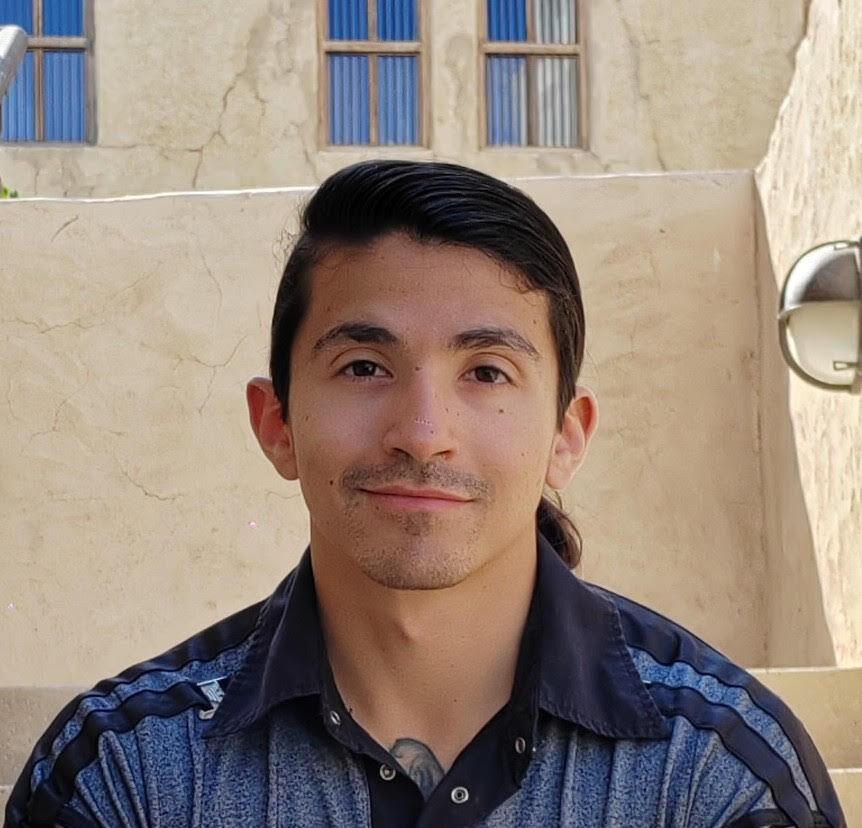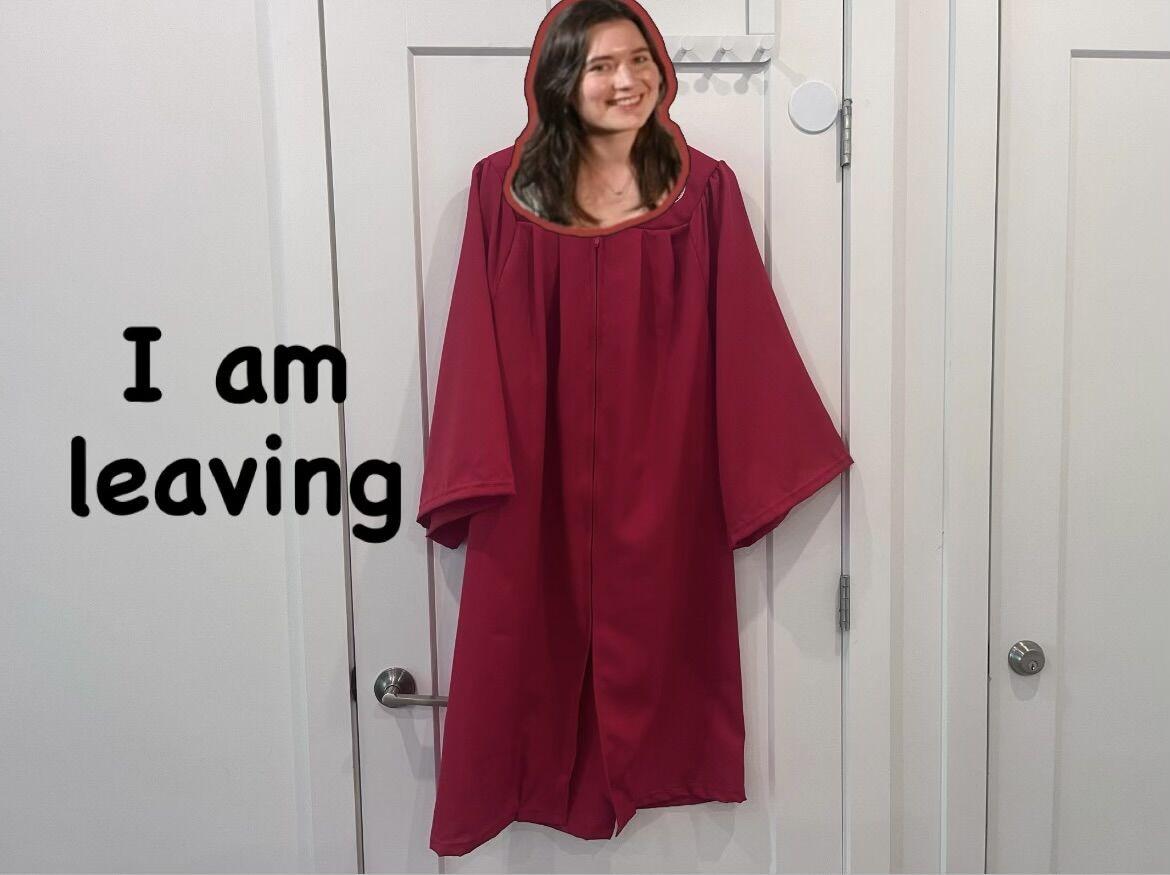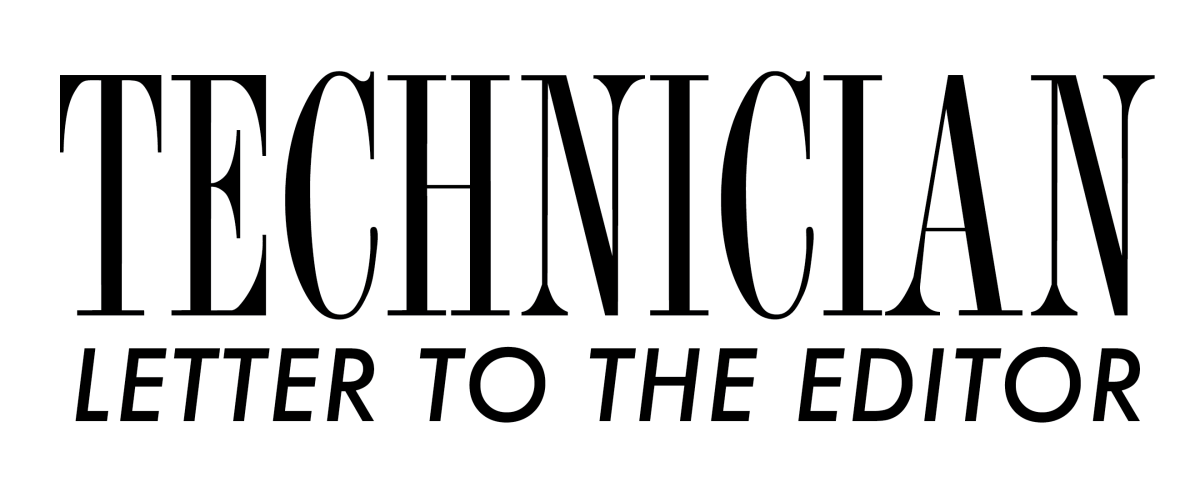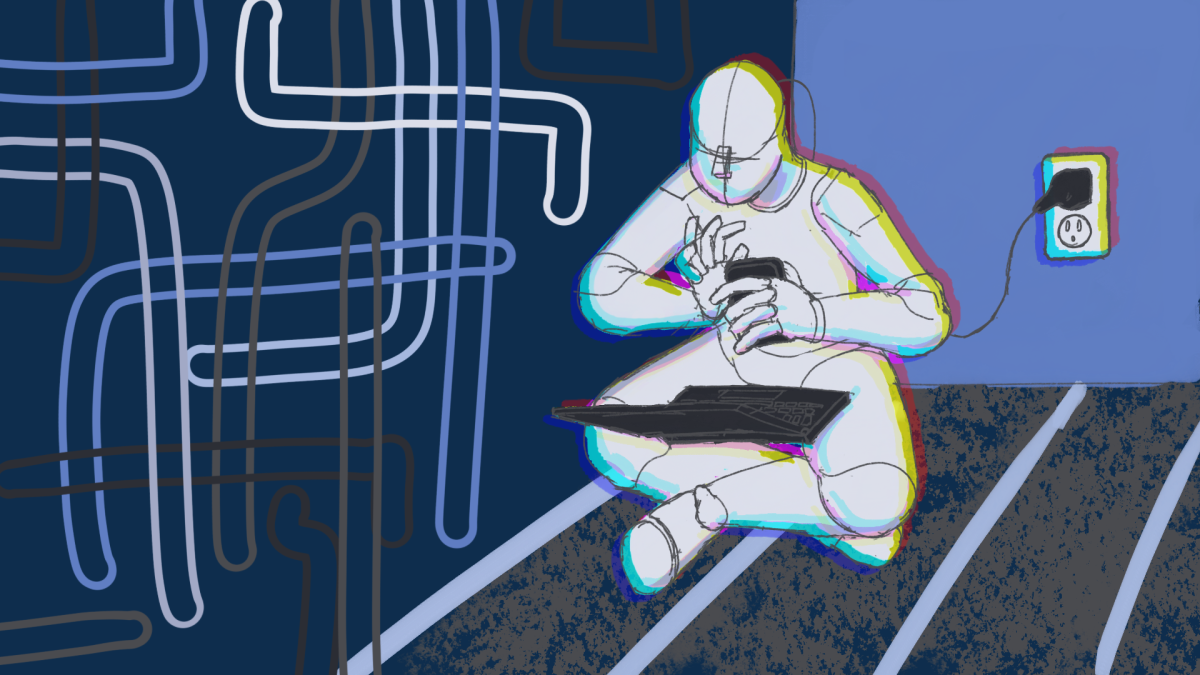Letter to the Editor on the future of energy
Right now, there is a plan under review by the North Carolina Utilities Commission. Most people might not be paying attention to it, but for anyone who has a smart phone, TV, laptop or uses any electricity at all, this plan could have terrible effects on your checkbook.
Since the recent merger between Progress Energy and Duke Energy, Duke has become the largest utility in the nation. While that might seem great at first, it has put a terrible strain on North Carolinian students, elderly and ratepayers. Progress has an increasing reliance on natural gas-fired power plants which means more fracking in North Carolina and elsewhere. This fouls our water and causes large amounts of climate-changing methane to leak into the air.
Progress Energy’s plan for serial rate hikes will further burden residential customers, small businesses and local governments, while killing the potential for thousands of clean energy and weatherization jobs.
Speaking as a proud student in the UNC System, I recognize that we are Duke Energy’s largest customer, giving them around $200 million dollars every year, for which we have no say in what sources of energy we can choose from.
I am not okay with that, and you shouldn’t be either.
It’s 2013, and N.C. State is at the cutting edge of technology. We have professors deep in research on wind energy and bio-fuels. As students, we want this resource to be utilized.
We have 40,000 students who want a great education without breaking our bank, and we deserve it.
That is why I am attending the public rate hike hearing in Raleigh Wednesday, March 13 at 7 p.m. It is in the Dobbs Building, Room 2115 on 430 N. Salisbury Street. Don’t worry about being alone, at the last meeting more than 200 citizens came out to voice their outrage, not one person okay with Duke’s plan to utility rate hikes over 10 percent – and I’m proud to say, 15 N.C. State students.
Attendants included a former EPA employee, a local meteorologist and a representative for low income housing communities. These people mentioned different reasons why they were voicing their concerns, but one thing they all had in common was there urge for Duke to progress to renewable energies.
2012 was the hottest year ever recorded. The planet is warming, that’s a fact, and the answer is not to regress as a state, nation or globalized interconnected people. The solution is to collaborate on bringing about a clean, just, safe energy economy. North Carolina is currently the third largest electricity market on the East Coast, and with the fastest growing population, our electricity needs to come from clean, renewable sources, not dirty coal or dangerous nuclear energy. Come join me and the Fossil Free group at N.C. State March 13. We look forward to seeing you there.
Caroline Hansley
junior, interdisciplinary studies
In response to Feb. 20 editorial about Riddick Field House
As a mouthpiece for our campus, perhaps the “editorial board” should pause to consider the impact of its opinions when making statements such as “…make this ugly campus even uglier.” Firstly I wasn’t under the impression that the Technician editorial board also were experts in aesthetic design (and judging from recent layouts of the Technician, I cannot begin to see where anyone would confuse them for it). Secondly, it is a DISGRACE to both this university and it’s so-called “professional” newspaper for the editorial staff, some of the most influential individuals in the university community, to be calling our campus “ugly”. Admittedly, Technician’s editorial board does not purport to speak for the majority of N.C. State students. But it is important for that board to realize that their opinions DO in some way create a public perception of the student views at N.C. State, simply by way of their exposure. It is both irresponsible and disloyal for the leaders of our public media forum to express themselves in such a way that makes it appear as though they speak for the majority opinion at N.C. State. Indeed, the entire section “staff editorial” makes little sense – as the editors of a major news publication, are you not expected to maintain a sense of impartiality and objectivity? Does not the appearance of an editorial, which claims to speak for your entire staff and newspaper, destroy the very illusion of impartiality which is supposed to lend
Colin T. Reed
senior, history







